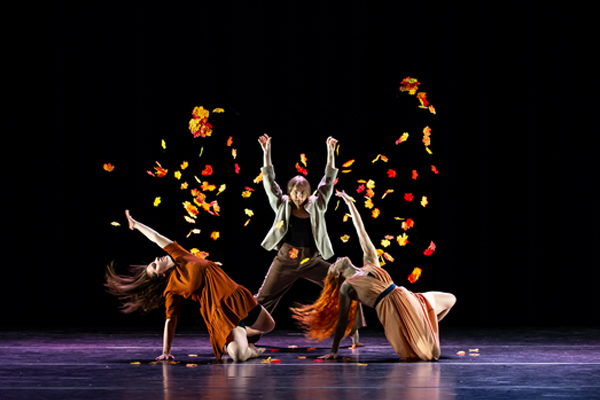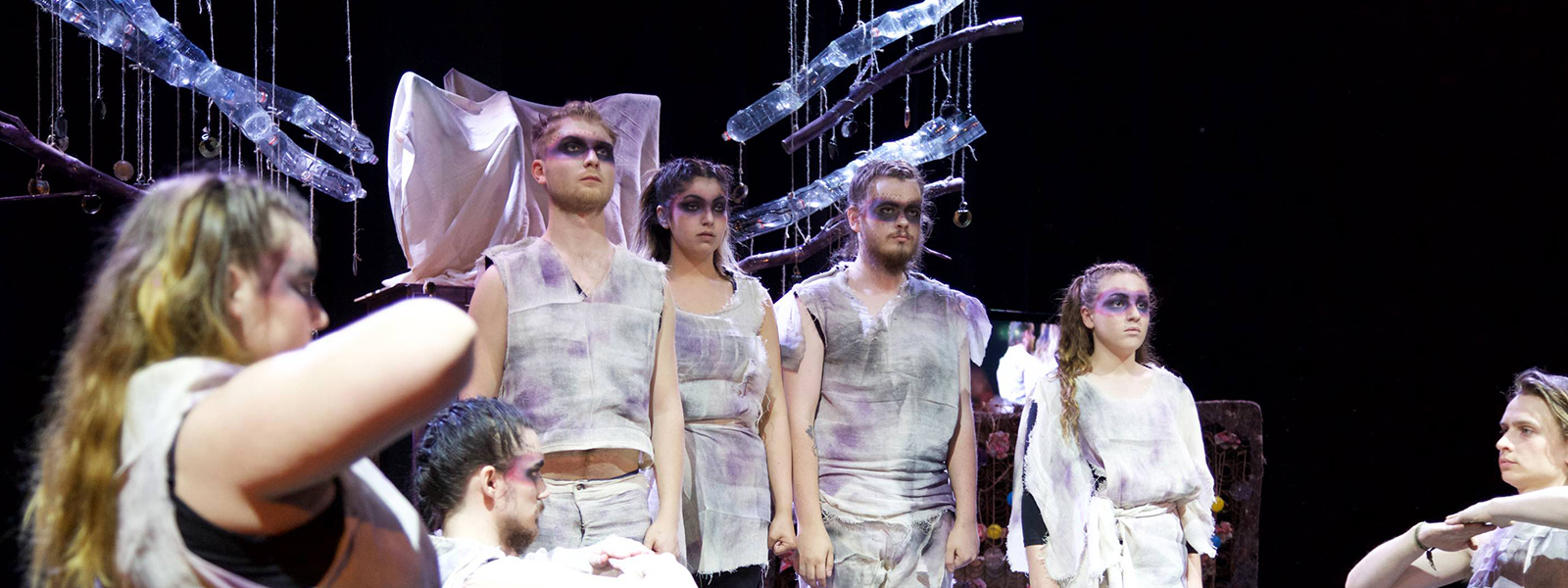Normally we require a UK Masters degree (or equivalent international qualification) in a relevant subject, or relevant professional qualifications and relevant experience in an associated area.
Please submit the following supporting information when making your application:
- a supporting statement (500 words). This should explain the motivation for studying your chosen programme.
- a research proposal (1,000-2,000 words). This proposal should:
- Clearly define the topic you are interested in and demonstrate understanding of your research area.
- Include two or three research questions that you will explore in your research.
- Outline the range of research methodologies you will use to undertake the research.
- Include a provisional bibliography of primary and secondary sources.
In addition, you may want to:
- Include a brief literature review of the key works that relate to your topic, particularly if this helps to exemplify the point below.
- Explain clearly how your research contributes to existing scholarship in the area; what gaps will it fill? How will it further knowledge of the area?
- Sketch out a provisional plan of work that includes research/archival visits and a timetable for the writing of chapters.
Please note: a research proposal will only be considered if there are academics in the subject with an interest in your field. Please study the staff profiles closely to make sure there is at least one member of staff whose interests intersect broadly with your own.
All suitable applicants will be invited for an interview, either in person or via Skype.
You can also explore some further guidance on our How to Apply page.




